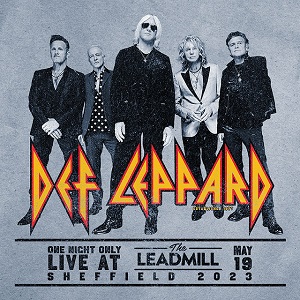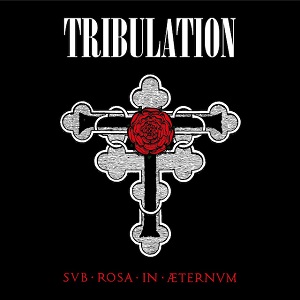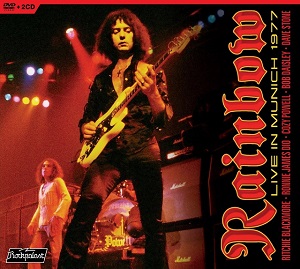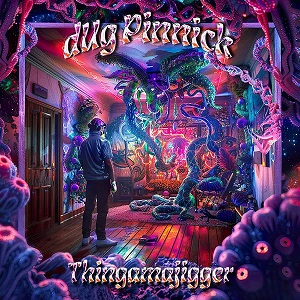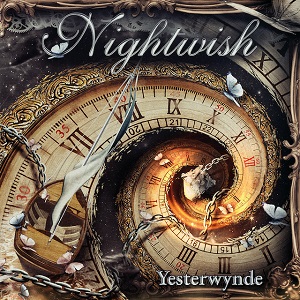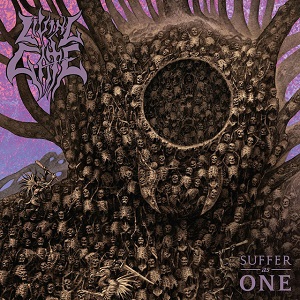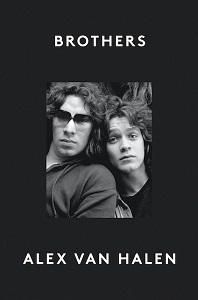DEEP PURPLE's Ian Gillian - "There Was Time When We Thought We Were Immortal!"
February 17, 2007, 17 years ago
Thesun.co.uk's Something For The Weekend spoke to DEEP PURPLE legends Ian Gillan (vocals) and Ian Paice (drums) about a number of topics recently. Here are a few excerpts from the chat:
SFTW: The band seem very happy and stable now compared to the old days.
Gillan: "Yes, it’s part of growing up really. You can prepare for everything else during your formative years — how to be a musician, how to write songs even. But you can’t ever be prepared for success and it takes a while to adjust to it particularly when you are in your mid-20s and you have money coming out of your ears. Then you drift apart and soon it’s separate hotel rooms. And all of a sudden you have big-time management coming in and you suddenly realise it’s a different world, a brutal world. And you start building walls around yourself and becoming defensive and you can’t do that as an artist. You preserve and pickle whatever it was that was good and try to go through life with that. And that’s no good, it doesn’t work. So things change. Things fall apart. The band broke up and when we came back (for the 1984 reunion) we weren’t quite the same people."
Paice: "If you don’t take any crap on stage playing music is real easy. The trouble comes if you take the day’s problems, whether it’s business or personal or your breakfast wasn’t right. If you take that shit on stage with you don’t play right. The audience know if someone’s going though the motions the same as if they are giving 100 per cent."
SFTW: Was that the difficulty with Ritchie?
Paice: "Ritchie used to let the day’s problems go onstage with him for whatever reason. He’s a very emotional man. And towards the later years he became a more concentrated version of himself and he became very difficult to work with. I won’t say anything bad about him because he was so incredibly important to the formation and the life of Deep Purple.
SFTW: Why are your generation considered magical? Why have the musicians lasted so long?
Gillan: "Long-lasting is easy to understand we had no aspirations to be celebrities. There were some great characters and personalities who were naturally funny and became celebrities — the Keith Moons and the John Lennons. You see them in any school in any office. People say to me, 'How can I be a rock star?' I say, 'Get a haircut, look in the paper, see what people are wearing, make a video, whatever. But if you want to be a musician . . . that’s something different. I can give you loads of advice and it’ll be a good friend to you.' We understood the value of working. We had to pass the auditions before we were allowed to play on the BBC. It kind of sucks but in a way it was about professionalism — you don’t screw up. You’re there on time for rehearsals, you don’t get drunk on stage. Although there was time when we did because we thought we were immortal! As far as the magic of it, the stars were just right politically. It was the post-war generation. We were encouraged to be creative, there was a lot of rebuilding to do, rebuilding society. And of course there was (amplifier maker) Jim Marshall and the electric guitar. Those other bits of the music business that don’t get talked about.
Paice: It’s amazing that any rock ’n’ roll band manages to last five years, ten years is amazing. We’re looking towards our 40th year. We play music most of which was created ten or 15 years before most of our audience was born but they are finding something in us they are not finding in their own generation. It’s impossible to analyse why but maybe it’s because if you listen to those wonderful records from the 60s and 70s they are human. They have little discrepancies, little faux pas but you can hear the room in which it was recorded, hear the air, feel the people recording it. Most modern records are so technically perfect and clinical pieces of studio creation and sometimes you don’t connect with the people playing on it. They’re too perfect, they’ve lost their humanity. When kids hear a HENDRIX record for the first time, with all its aggression and its outrageous freedom, or they hear the glory of The Beatles’ tunes and the sheer musicality of it, it’s got something they can’t get from listening to Radio 1 or watching MTV any more. OK, so the music got a bit bombastic in those days but you did get bands like ZEPPELIN and Purple and you could let your imagination go where it wanted. There was no little man in a suit saying it was no good because it didn’t sound like the last hit record you had. And, we were also given the freedom to see where it would take us. I don’t think it will ever come again. And music isn’t that important today in the way it was to our generation. I also think it was down to the country we were born in. Had I been born in 1948 in Romania I’m sure my life would have been totally different!
To read the entire interview head to this location.


